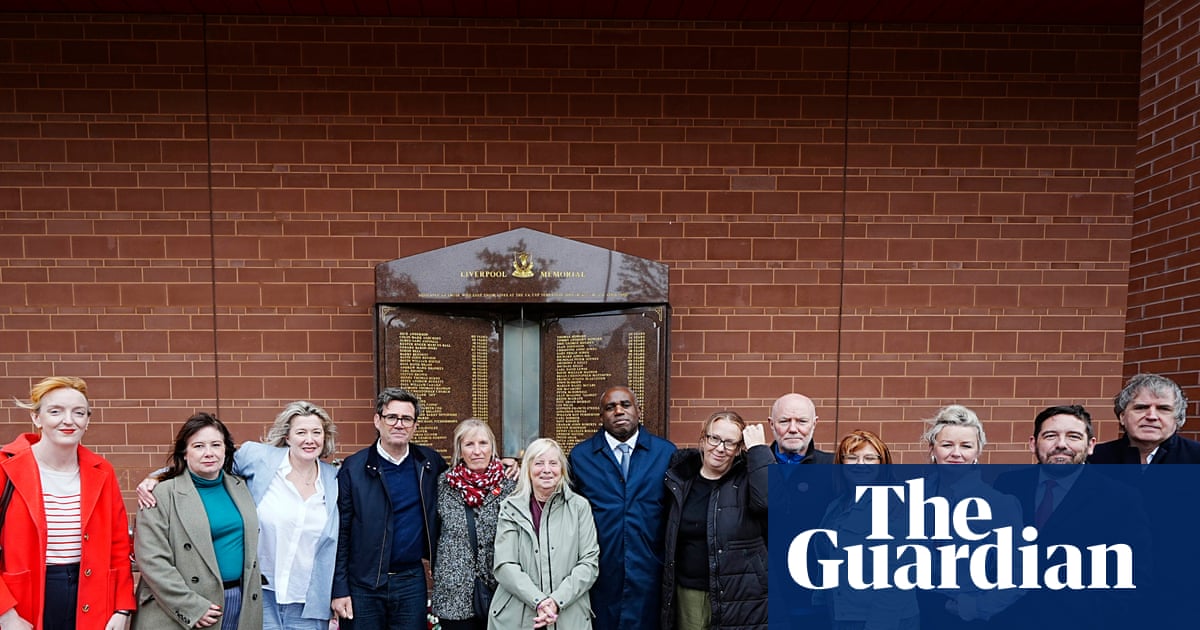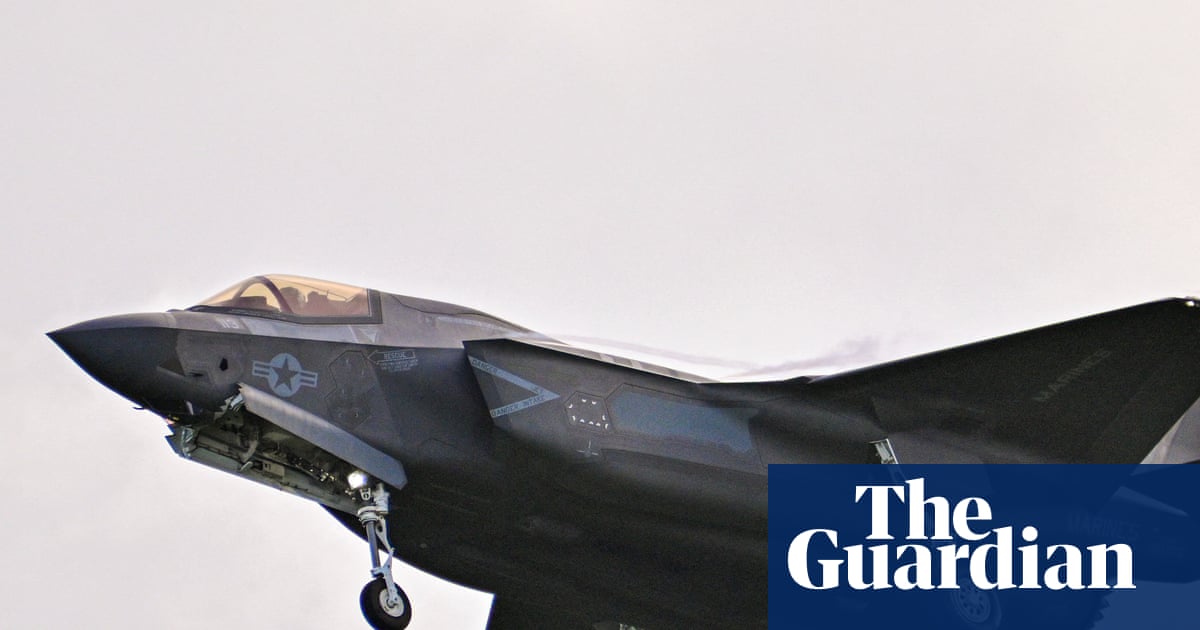The makers of an award-winning documentary about Palestine Action say they fear they will be criminalised if they continue distributing the work after the group is banned under anti-terror laws.
The online release of To Kill a War Machine was brought forward to this week after it emerged that the Home Office was going to proscribe the protest group, which takes direct action against Israeli arms companies in the UK.
The home secretary, Yvette Cooper, announced plans on Monday days after activists broke into RAF Brize Norton in Oxfordshire and spray-painted two military planes red.
A draft of a proscription order against Palestine Action will be presented to parliament on Monday. If passed, the ban would become law, making it illegal to become a member of the group or invite support for it, with penalties of up to 14 years in prison.
Since Tuesday, the documentary about their activities has been downloaded by people all over the world, but its directors have been scrambling to take legal advice and fear they will end up being in breach of counter-terror laws if they continue distributing it.
Showings of the film have been lined up across Britain in the coming days and weeks – from gatherings in homes through to screenings at cinemas – but there are now doubts about what proscription will mean for this too.
Its London-based directors, Hannan Majid and Richard York, said they were concerned that Britain could end up being the only country in the world where people would not be able to see the film.
“We’ve operated around the world and have a lot of experience of regimes telling us what we can and can’t do. We’ve had authorities in Bangladesh telling us we shouldn’t even be editing footage of garment workers and activists advocating for their rights, and we’ve been followed by the police in Cambodia, but we have never encountered anything like this in Britain,” said Majid.
He and York have been working together since 2006 through their production company, Rainbow Collective, on documentaries that focus on human rights and have collaborated with organisations including Amnesty International.
To Kill a War Machine was the product of more than six months of work and was made independently of Palestine Action, while using real-time bodycam and phone footage that the group had put into the public domain.
Activists are shown smashing and occupying weapons factories in the UK and explaining their motivation for actions they view as legitimate to take in the face of alleged war crimes in Gaza. There are interviews with two activists from Palestine Action, Sohail Sultan and Joe Irving, both of whom were acquitted of charges of causing criminal damage.
However, the move to proscribe Palestine Action means there are now question marks over the documentary and events including a London premiere on 18 July.
“We set out to make this film in a completely legitimate and legal manner, as we have done with other films. It’s been certified by the British Board of Film Classification (BBFC) and it is good to go but now we are being advised that the curtailing of Palestine Action could have a major knock-on effect for us as it could become not only illegal for others to voice support for them but also for us, as film-makers, to distribute this film,” said York.
“People are still excited and there has been a tremendous outpouring of support on social media. Hopefully we can still go ahead with much of our plans, but we have had to rush things forward and do the digital release this week rather than waiting for September and try to build on the awards we have already picked up. That all changed on Monday night and there has been a spike as soon as we put it online,” said Majid.
The film-makers are having discussions with distributors in the UK and the US but are alive to the risks.
“On the basis of some of our legal advice, we may not even be able to distribute it in other countries and territories if the film is seen as being somehow in support of a group which is proscribed. We are still hoping to be able to show it in cinemas within the law,” said York.
They are also considering whether they will have to withdraw submissions for a range of international film festivals. It is part of the Zanzibar international film festival this week.

.png) 2 months ago
42
2 months ago
42

















































